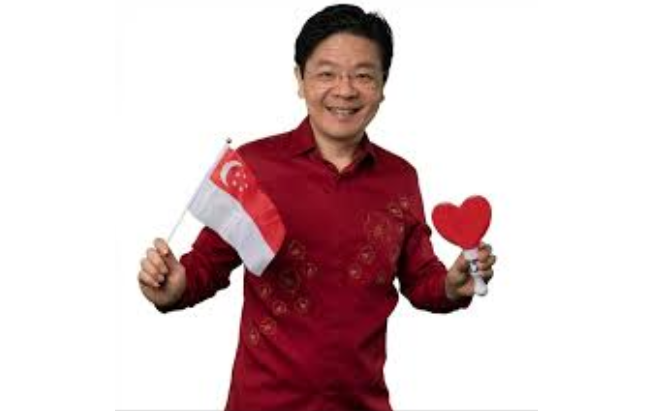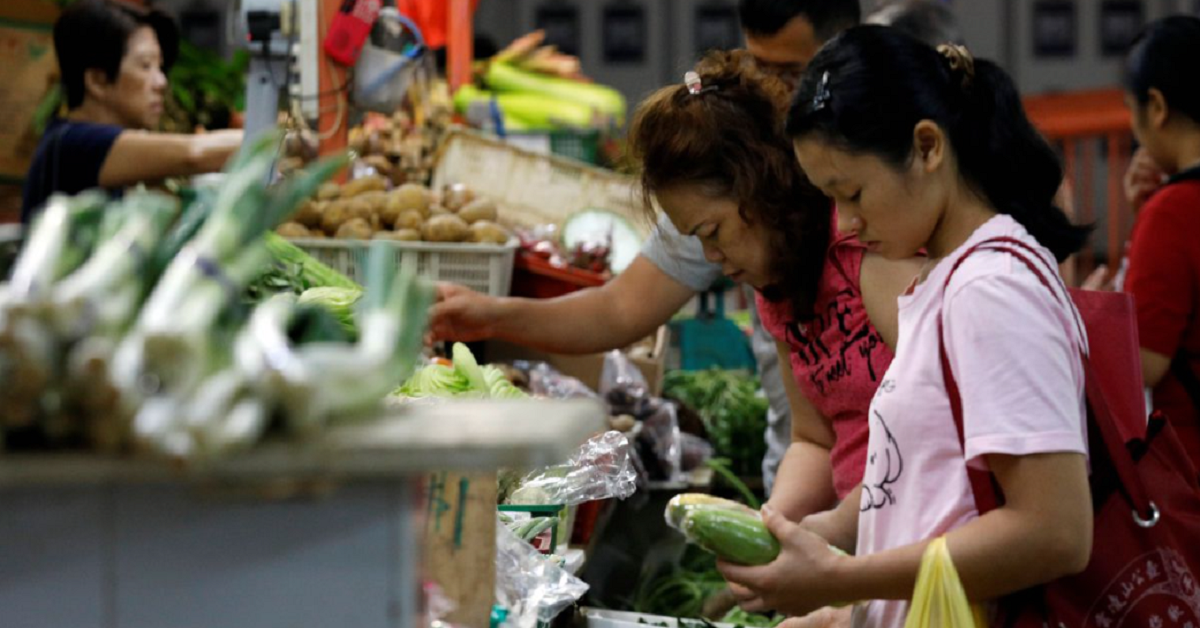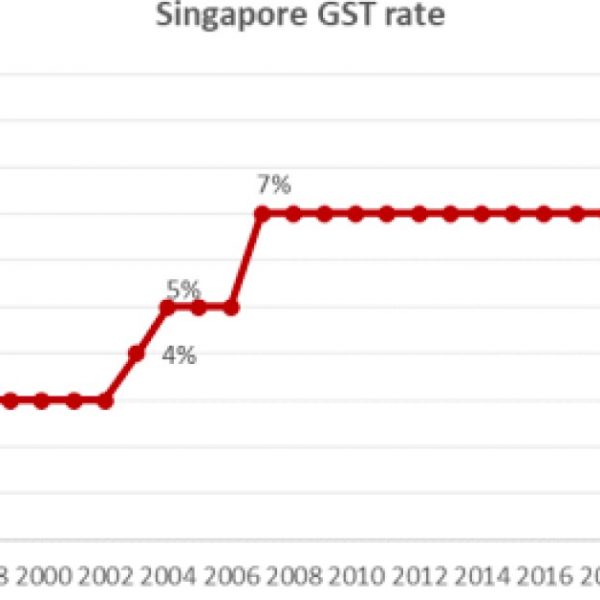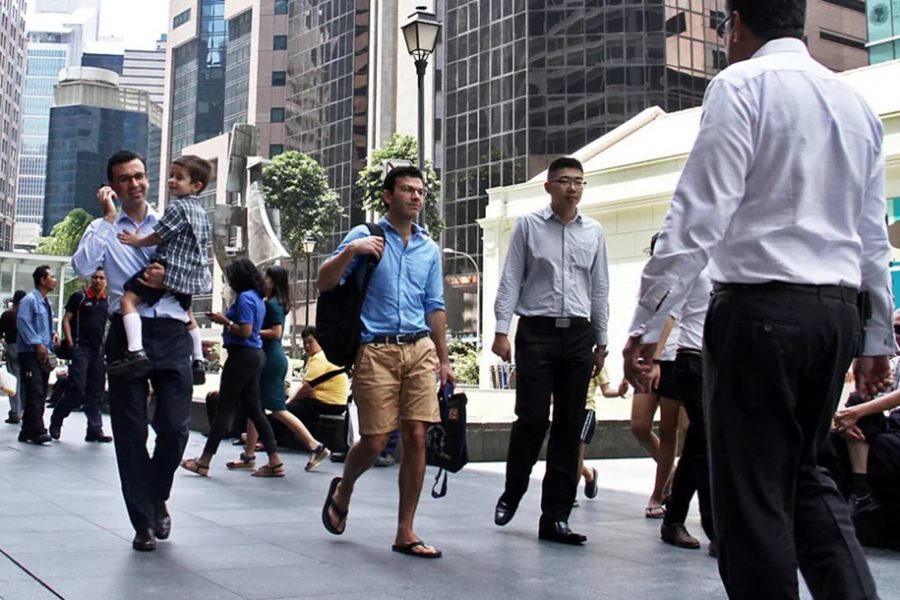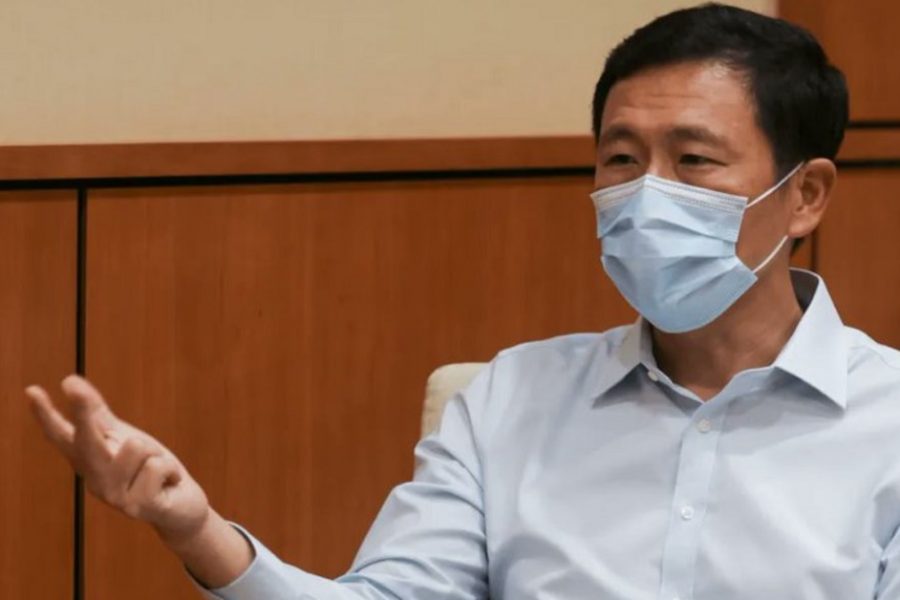Singapore’s headline inflation was at 6.1% last year as compared to 2.3% in 2021. With rising consumer prices, different income groups are feeling the pinch (and more). Most of us think the poor has it worst but Professor Sumit, who is an expert in finance and economics, has a different opinion.
According to him, top earners in Singapore are the ones who bore the brunt of rising prices. They are also hard-hit as the economy opens up after the pandemic because they have higher demand for housing, eating out, cars, traveling, etc.
“These are the things that typically rich consumers demand and because of the constraints there – labour supply constraints in restaurants or in the travel industry or the hotel industry – it’s causing prices to be much higher in those sectors rather than when you eat at home – the cost of groceries have gone up but not as much.”
He explained that this time, inflation is progressive and has a bigger impact on the rich in Singapore.
“Typically, you think it’s hurting the poor class more so but in this case it’s actually progressive. It’s hurting the richer more so (although) they can defend themselves.”
While Professor Sumit agreed one way is to provide reliefs for Singaporeans, he does not think it will solve the problem in the long term. Such fiscal policies are always a two-way street; once you start implementing them, it may backfire and create inflation. What’s more, with China tourists flooding in, we will face more pressure on inflation as they start traveling, buying things and investing.
It seems like Lawrence Wong has a lot of answering to do during his Budget speech this February. Are you looking forward to his “Valentine’s Day present”? Do you think he will be able to alleviate our burden?
